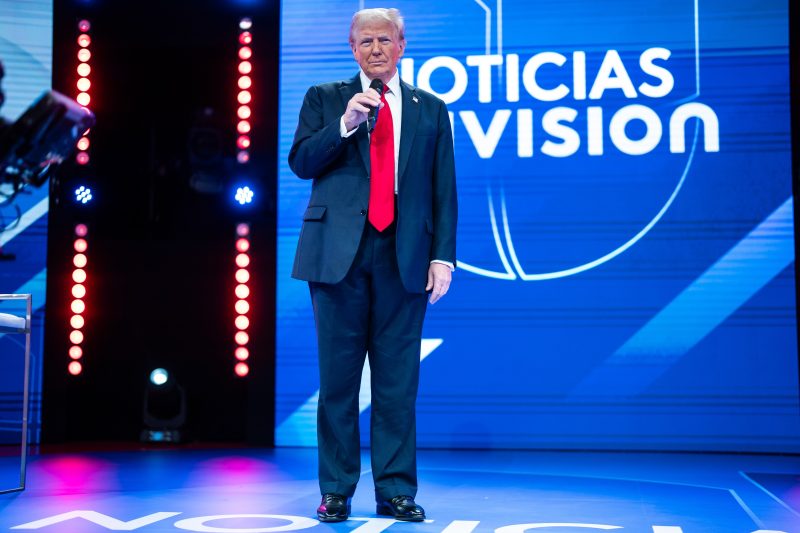In a surprising turn of events, Donald Trump, the former president of the United States, has recently dropped his usual pretense and openly labeled the January 6 insurrectionists as we in one of his statements. The reference to a sense of camaraderie with those involved in the tragic incident is both unique and intriguing.
Trump’s referral to the attackers as “we” reflects his persistent support for the insurrectionists, especially when viewed in the light of his consistent denial of how the use of force damaged and undermined democratic institutions. The former president has been tirelessly seeking to paint the insurrectionists in a positive light, often glorifying their actions and portraying them as defenders of democracy who merely exercised their constitutional rights.
This recent declaration has raised grave concerns from the spectrum of critics as to the former President’s perceived endorsement of the Capitol Hill riot. His rhetoric not only confirms previous allegations of his sympathizing tendencies toward the insurrectionists who shook American democracy but also raises critical questions on the potential threats to the nation’s hard-fought democratic ideals.
By invoking we, Trump openly poses his approbation towards the rioters who had violated the sanctity of the Capitol and demonstrated unprecedented havoc. He has constantly underscored a strand of thought that validates the false election-stealing narrative, a course that has notably aggravated polarizations within American society.
His commentary stands in stark contrast to the reactions of many lawmakers, officials, and investigators who have judged January 6 as an attack on democracy, citing it as a pivotal point in American history. Law enforcement agencies have been working tirelessly to bring the perpetrators to justice, a process that Trump’s statements can undeniably impede or complicate.
Interestingly, his rhetoric reflects a blatant disregard for the legal implications of such declarations. His alleged influence on the Capitol riot has been a matter of fierce debate and legal net-tangling. While it remains to be seen whether his words might carry legal implications for himself, there is no denying that they could potentially fuel further divisions and incite similar incidents.
The former president’s affinity with and the open endorsement of individuals indicted in more than 600 federal cases very clearly forecasts his potential role in future political skirmishes. His continued alignment with the tribes of anarchy might push the nation further into controversial debates, potentially damaging already fragile national unity.
In the broader perspective, Trump’s labeling of the Capitol rioters as ‘we’ isn’t merely a stubbed statement. It offers an unsettling glimpse into the frequent discursive manuevering to reshape public opinion and invites analysis of the potential implications for American democracy. While the saga of the insurrection continues unfold, this latest commentary from Trump opens up new dimensions in understanding the extent of his perceived connection with the rioters.
